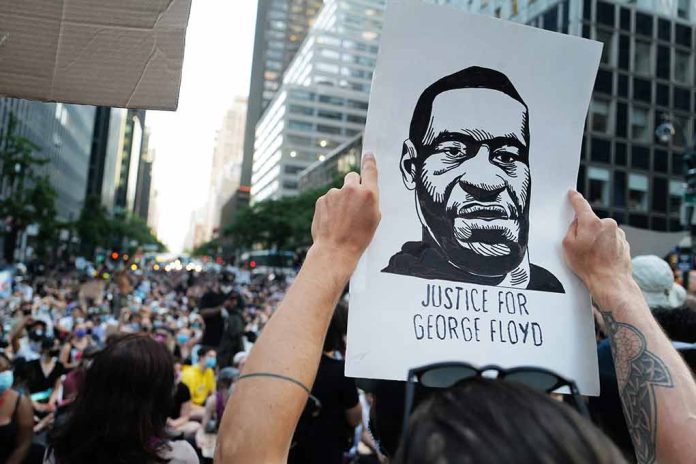
Thomas Lane, one of the ex-Minneapolis officers convicted in connection with the death of George Floyd, has been released from federal prison. Lane’s release comes just two years after his conviction, leading to numerous reactions from across the nation. This early release has reopened wounds and reignited a wave of public outcry and activism focused on issues of justice, systemic racism, and law enforcement accountability.
George Floyd’s tragic death on May 25, 2020, occurred after a Minneapolis police officer knelt on his neck for an extended period during an arrest. Derek Chauvin, the officer responsible for kneeling on Floyd’s neck, was convicted of murder and manslaughter, receiving a 22 1/2-year prison sentence. The incident sparked massive protests worldwide, calling for extensive reforms in policing practices.
BREAKING: Thomas Lane, the ex-Minneapolis police officer convicted in George Floyd’s murder, has been released from prison. https://t.co/hWVU0RHsje
— WCCO | CBS News Minnesota (@WCCO) August 20, 2024
Efforts for Police Reform
Despite the widespread demands for change, the Minneapolis Police Department has struggled to implement the necessary reforms. Federal officials recommended several changes, yet the department failed to fully adopt these measures. Additionally, chokeholds are still allowed under certain circumstances, highlighting the challenges in policing reforms.
“We’re here today because George Floyd is not here. He should be here,” said Mr. Ellison, a former Democratic congressman and civil rights lawyer, adding later: “Trying this case will not be an easy thing. Winning a conviction will be hard.” – Mr. Ellison
This lax approach to implementing reforms is further evidenced by the previous complaints filed against two of the involved officers. The effort to hold these officers accountable has not led to significant improvements, and state-level police reform bills have consistently failed to advance since 2015.
Civil Rights Violations
The Minneapolis Police Department has been found to engage in a pattern of violating civil rights, including excessive and unjustified use of force, especially against Black and Native American individuals. The federal investigations and multiple indictments of the involved officers on civil rights charges have done little to restore public trust.
“I take no joy in this,” Mr. Ellison said. “But I feel a tremendous sense of duty and responsibility.”
An agreement has been reached to negotiate a consent decree for independent monitoring, but the road to meaningful change remains long and uncertain. The early release of Thomas Lane has brought these issues back to the forefront, urging Americans to continue the dialogue on law enforcement accountability and systemic reforms.













